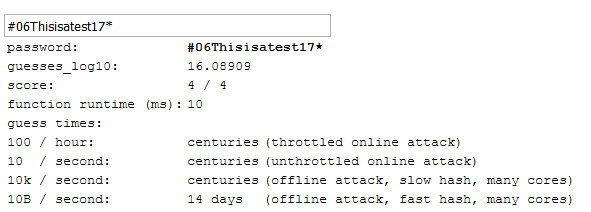The Christian Life
New Testament
————
MASTER OUTLINES & STUDY NOTES
Compiled by Porter Barrington
This work is published in conjunction with The Holy Bible, New King James Version – Copyright 1982 by Thomas Nelson, Inc.
FORWARD
The Bible is the most important book ever written. It is God’s written Word to man. The New Testament tells about the Lord Jesus Christ, Himself. It tells of His birth, His death, and His resurrection.
These outlines have been put together by Porter Barrington, who has been an evangelistic pastor all of his adult life. The Word of God has been at the heart of his entire ministry.
The Christian Life Study Outlines and Notes are the amplification of a ministry of over 35 years, both in the pastorate and in the field of teaching and evangelism. These lessons by Porter Barrington on the Great Doctrines of the Bible are simple without being ordinary, short without being shallow, brief without being dwarfed, positive without being over-formal and comprehensive without being complicated.
They were produced to fill a need in the life of the average Christian, to provide an incentive to know more of God’s Holy Word. If diligently studied, they will help to establish you in the faith and give you spiritual confidence.
It is suggested that you study the Master Outlines in the order given; one each day for fifteen days, and at the end of fifteen days, you will know more about the New Testament than you ever thought possible. This study is equal to an advanced course in Systematic Theology. If you review these lessons often, you will continue to grow in the knowledge of our Lord and Savior Jesus Christ.
Now begin your Bible study by clicking on Outline One below.
Outline 1: The Bible
Outline 2: God
Outline 3: Jesus Christ
Outline 4: The Holy Spirit
Outline 5: Sin
Outline 6: Judgments
Outline 7: Rewards
Outline 8: The Church
Outline 9: Prayer
Outline 10: Faith
Outline 11: The Abundant Life
Outline 12: Repentance
Outline 13: The New Birth
Outline 14: Salvation
Outline 15: Witnessing

